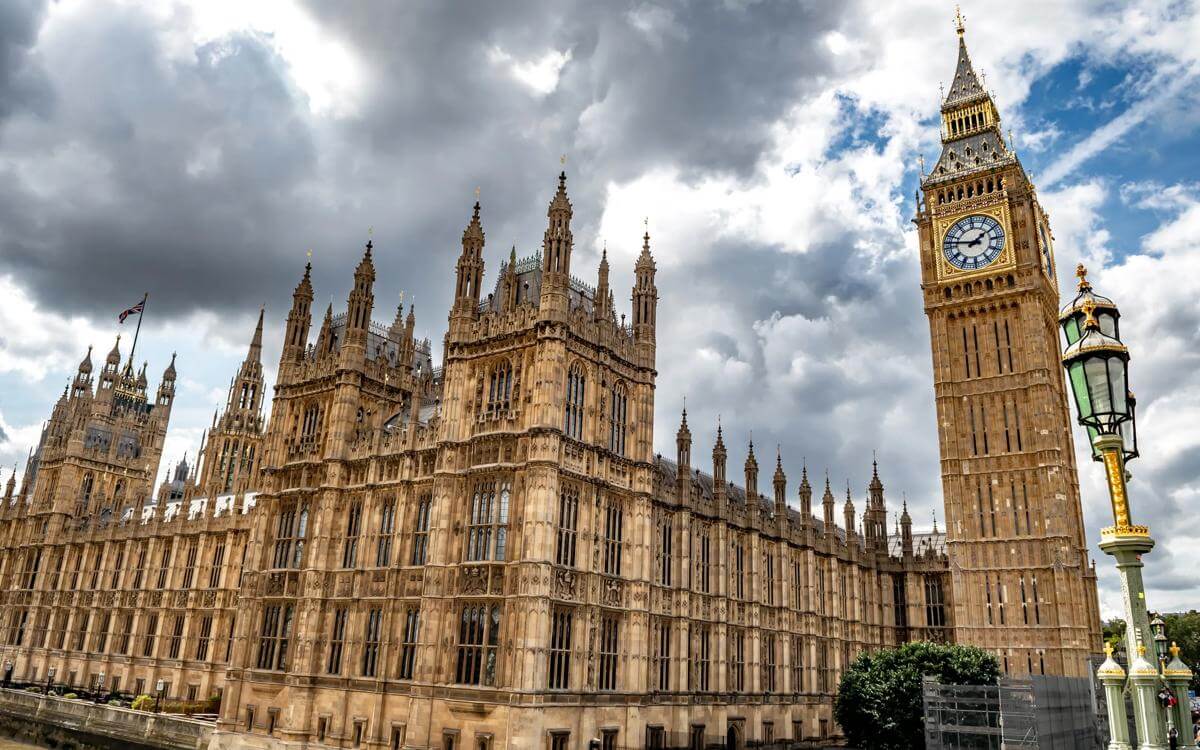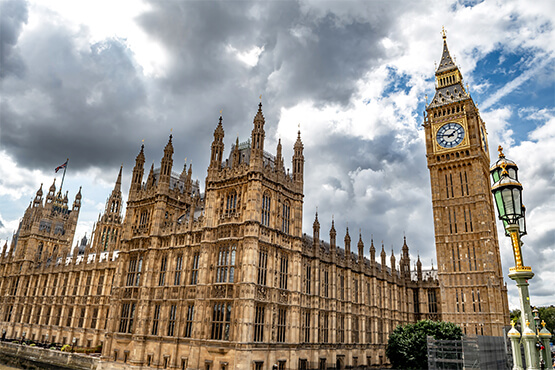Could the coronavirus crisis reinvigorate English devolution?
The outbreak of Coronavirus in the UK, and the subsequent lockdown has caused enormous disruption, not least to the business of local government.
29 May 2020
This article is taken from June's public matters newsletter. Click here to view more articles from this issue.
The outbreak of Coronavirus in the UK, and the subsequent lockdown has caused enormous disruption, not least to the business of local government. Elections have been delayed, employees redeployed into new roles, demand for health and social care has increased, and additional responsibilities have been heaped upon local government. Once again, councils are being asked to do more with less, as income from leisure services, parking, council tax and importantly for those authorities who have invested significantly in property, rents are significantly reduced or lost altogether.
Councils have reacted with characteristic flexibility and inventiveness. But the future will hold further challenges. Unprecedented Government borrowing will result in further pressure on budgets, and struggling retail, leisure and tourism industries are unlikely to bounce back quickly, increasing demand for services and impacting upon local authority income.
In these difficult circumstances, how will local government respond to the challenges it faces? Some have suggested that now is the time for greater devolution of powers to the English regions, to enable them to manage the current crisis, rebuild local economies and build capacity in order to deal with future crises.
The process of devolution to the English regions was begun under the Cameron Government, with the agreement of devolution deals for those regions deemed to have strong local partnerships and the economic base from which to prosper. Manchester, the West Midlands and other areas have seen significant powers transferred from Central Government. These deals were agreed on a piecemeal basis, and the powers transferred reflected political, rather than local priorities. During the May Government, the momentum behind such deals appeared to have fallen away to some degree, partly as a result of the Brexit referendum and the subsequent political turmoil. The Johnson Government came to power with the support of many previously Labour voting constituencies in the north of England. Its manifesto promised to ‘level up’ prosperity across England, and the March 2020 budget proposed investment in infrastructure projects across the UK as part of that agenda. The promise to ‘level up’ will be particularly important for the English regions following the Coronavirus Crisis, as many of the ‘red wall’ areas are being particularly hard hit by Covid 19.
Could the Coronavirus crisis have the effect of reinvigorating the English devolution process? Commentators have suggested that In Manchester, the powers devolved to the combined authority have strengthened its ability to respond to the crisis. Others have argued that greater decentralisation of power, and a strong and effective working relationship between those holding power at each level of government could produce a more effective response, in contrast to the heavily centralised system currently in place, in which local government’s role is limited to following the instructions of central government. But is it likely that the government will seek to grant wider powers and responsibilities to local government?
Mayor of Greater Manchester Andy Burnham has been a prominent voice throughout the crisis, lobbying for a greater role for local government in policy making. He has suggested that no balance of prosperity across the country can occur without proper representation for the English regions. In particular, he argues that the government’s London-centric approach fails to recognise the realities of life in the regions, and that greater autonomy for local government is needed to ensure that the needs of those living outside of London can be met.
New powers and a greater role for local government have been proposed by many think tanks and commentators since the beginning of the English devolution process, and it is possible that the increased public awareness of metro mayors and the issues faced by local authorities in dealing with the Coronavirus crisis could encourage the government to look towards granting further powers to local government. However, others consider that the shock of a national crisis may result in the role of the central government being re-discovered, and may ultimately result in re-centralisation of powers.
There is clearly a significant role for local government in rebuilding local economies, encouraging local growth and managing the capital projects which are likely to be one of the drivers of that growth. Central government is likely to be very preoccupied, with the continuing crisis and Brexit looming, and it may be that this creates a gap which can be filled by local government, possibly exercising wider powers. However, any new powers would need to be accompanied by increased funding and greater abilities to raise revenue. Additionally, any expansion of the role of local authorities will need to be accompanied by a clear vision of the roles and responsibilities of different organisations, and strong communication. At the moment, the future of devolution within England is uncertain, but many in local government will be keen to ensure that this crisis is not wasted, and will be putting the case strongly for greater autonomy.
Contact

Angelica Hymers
Principal Associate
angelica.hymers@brownejacobson.com
+44 (0)115 976 6092
Contact Angelica








































